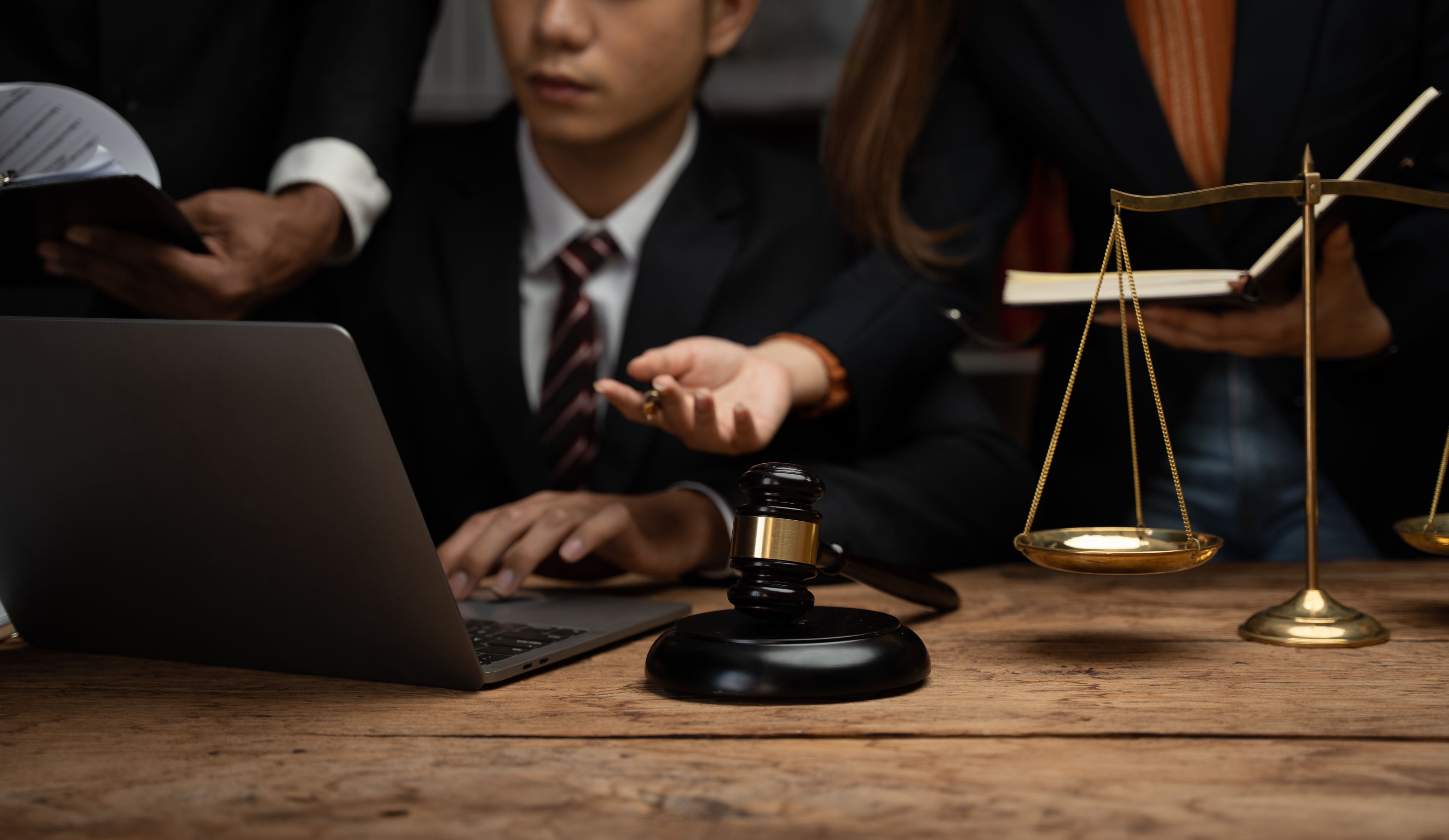
In every community, trust between the public and law enforcement officers is vital. When this trust is violated by police misconduct, the consequences can be devastating—impacting not only the individuals directly harmed but also eroding confidence in the justice system as a whole. Victims of police misconduct often feel powerless, but the law provides a pathway to accountability. This is where police misconduct attorneys step in, offering the legal expertise and determination needed to fight for justice, civil rights, and systemic reform.
What Do Police Misconduct Attorneys Do?
Police misconduct attorneys are legal professionals who represent individuals whose rights have been violated by law enforcement officers. They focus on upholding civil rights guaranteed under the U.S. Constitution and federal statutes such as Section 1983 of the Civil Rights Act, which allows victims to sue government officials who violate their constitutional rights.
These attorneys investigate claims, gather evidence, file lawsuits, and pursue justice in court. Beyond individual compensation, their work contributes to systemic accountability, ensuring that misconduct does not go unchecked and that reforms are implemented to prevent future abuses.
Types of Police Misconduct Cases
Police misconduct can manifest in many ways, and attorneys specializing in this field handle a broad range of cases. Common examples include:
Excessive Force
Excessive use of force occurs when an officer employs more physical power than necessary to control a situation. This may involve firearms, batons, chokeholds, or tasers. Victims often suffer severe injuries or, in the worst cases, wrongful death. Attorneys work to demonstrate that the level of force used was unjustified and unconstitutional.
False Arrests
Being arrested without probable cause is a violation of basic civil rights. False arrests can lead to wrongful detention, emotional trauma, and financial harm. Police misconduct attorneys challenge these unlawful actions and seek accountability for those who misuse their authority.
Racial Profiling
Racial profiling and discriminatory policing practices are a significant concern across the nation. Victims of such practices may be unfairly targeted, searched, or arrested based on their race, ethnicity, or religion. Attorneys advocate fiercely against such injustice and demand systemic change.
Failure to Provide Medical Care
Individuals taken into custody have the right to receive necessary medical care. When officers deny or delay treatment, the results can be catastrophic. Attorneys hold departments responsible for neglecting the health and safety of detainees.
Sexual Misconduct
In rare but deeply troubling situations, law enforcement officers commit acts of sexual assault or harassment while on duty. Victims of such violations deserve compassionate legal representation to hold perpetrators accountable and prevent future abuse of power.
Why Hiring a Police Misconduct Attorney Matters
Pursuing a police misconduct case without legal representation can be overwhelming. Law enforcement agencies often have significant resources, experienced attorneys, and union protections that make it difficult for victims to succeed on their own. Having a skilled police misconduct attorney provides:
Legal expertise: These cases involve complex constitutional and civil rights laws. An attorney ensures that all claims are filed correctly and on time.
Evidence collection: Attorneys know how to secure body camera footage, dashcam videos, police records, and eyewitness accounts to support their client’s case.
Strong advocacy: Attorneys can negotiate settlements with municipalities or present a persuasive case in court if a trial is necessary.
Broader impact: Beyond compensation for victims, successful cases can force police departments to adopt reforms, improving accountability for future generations.
Choosing the Right Police Misconduct Attorney
Not all attorneys are equally suited to handle misconduct cases. When selecting a lawyer, victims should consider the following qualities:
Experience: Look for attorneys with a proven track record in civil rights and police misconduct litigation.
Resources: Complex cases may require investigators, expert witnesses, and medical specialists. Choose a firm with the resources to handle challenging claims.
Reputation: Reviews, case results, and peer recognition can indicate an attorney’s credibility and dedication to justice.
Compassion: Victims need attorneys who not only fight hard in court but also provide support and understanding during what is often a very difficult time.
The Legal Process in Police Misconduct Cases
Although each case is unique, the legal process for police misconduct lawsuits generally follows these steps:
1. Consultation: Victims meet with an attorney to discuss their experiences and determine whether legal action is possible.
2. Investigation: Attorneys gather evidence, including medical records, videos, and witness statements, to support the case.
3. Filing a Complaint: The attorney files a lawsuit, often under federal law, alleging constitutional rights violations.
4. Negotiation: Many cases are resolved through settlements, where attorneys negotiate fair compensation for their clients.
5. Trial: If a settlement cannot be reached, the attorney presents the case in court before a judge or jury.
Conclusion
Police misconduct undermines trust in the justice system and can cause life-changing harm to individuals and families. Police misconduct attorneys provide victims with the tools, resources, and expertise to fight back against injustice. They play a crucial role not only in obtaining justice for individuals but also in pushing for systemic reforms that improve accountability across law enforcement agencies. If you or someone you love has been a victim of police misconduct, seeking the guidance of an experienced attorney is one of the most important steps you can take toward justice.
Moseley Collins Law
701 5th Ave Suite 4200, Seattle, WA 98104
(800) 426-5546